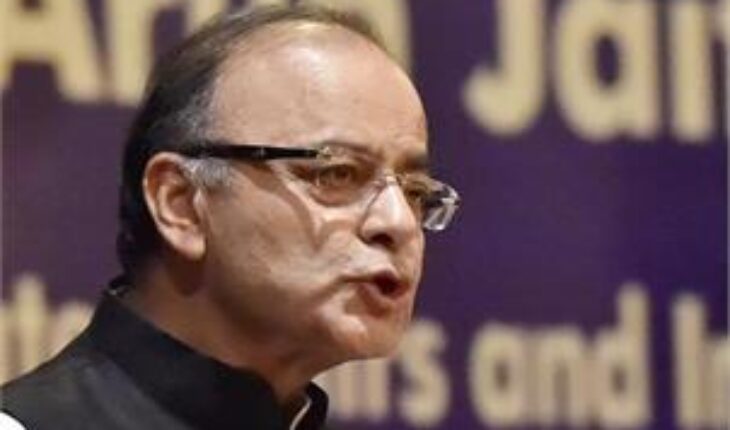NEW DELHI: As government looks to implement the Goods and Services Tax (GST) from April next year, Finance Minister Arun Jaitley has said the tax rate will be “optimum” even as there were indications that it may be higher than 18 per cent.
A day after Rajya Sabha approved a constitutional amendment to pave the way for rollout of GST, he said the tax rate will be decided by the GST Council, which will have Union Finance Minister and representatives of all 29 states.
“We are going to try to make it reasonably as quick as possible… it is always good to set stiff targets and try meet them, rather than have no targets at all,” he said. Revenue Secretary Hasmukh Adhia said the Union Government would want half of the states to ratify the bill within the next 30 days so as to allow GST Council to finalise the legislations that will set the rate and other terms. Jaitley said the government is targeting to bring the legislations — the Central GST Bill and the Integrated GST (GST) Bill — before the Parliament in the Winter Session of Parliament in November. Chief Economic Adviser Arvind Subramanian, who had previously recommended a standard GST rate of 17-19 per cent, said while a GST rate of close to 22 per cent will put inflationary pressure, higher rate of 27 per cent will become totally self-defeating. Adhia on the other hand said it would be “premature” to expect the GST’s standard rate to be 18 per cent saying it would imply significant revenue losses. Central excise duty and state VAT taken together added up to 27 per cent currently. “I think what you need is an optimum rate… Currently what the tax payers are paying is phenomenally much higher… Now it will gradually slide down. But even in the first instance it will come down,” Jaitley said. The GST Bill passed by Rajya Sabha yesterday will have to go to Lok Sabha before it is sent to states for ratification. On the impact of GST rollout on inflation, Jaitley said over the years, the tax rates will come down and hence the prices of many commodities will also decline. “Over the long-term, tax rates will come down, and if tax rates come down then it is natural that many commodities will see lowering of prices. In the coming days, we will try that sooner we complete the roadmap and implement it,” he said.–PTI





